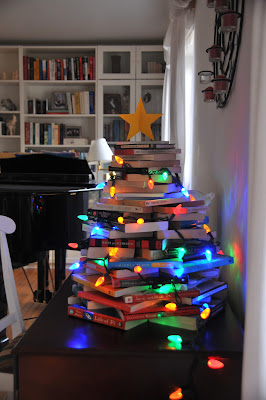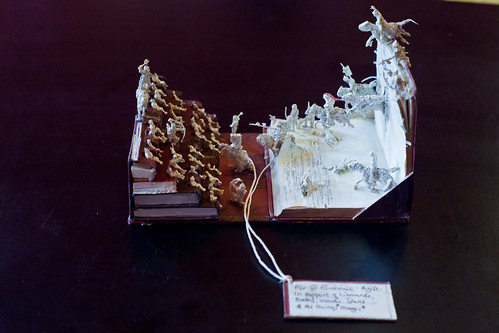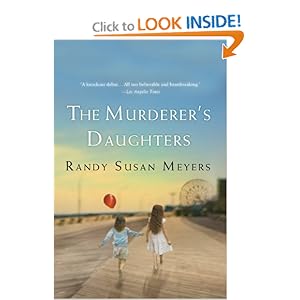
The Next Door Boys by Jolene Perry.
I'll tell you a true story. I've read 48 books this year, all literary fiction and memoir, and felt buried under the weighty stuff of school for the better part of the last 12 months. People recommend fun books, I put them on my Goodreads list and make a mental note to come back to them in another year. But there's no time for just fun stuff now. If it's not on my reading list, it pretty much doesn't get read.
Until I was chatting with Jolene late, late one night (I live in Virginia and she in Alaska, so it was probably not that late for her), and we got talking about her books. I am a huge fan of Jolene's blog - she makes me laugh like crazy - and her emails crack me up. I am a huge fan of Jolene. But I'd never read any of her writing, and she offered to send me one of the manuscripts her agent was shopping.
I told her sure, send it on, and I'll try to read it at the end of the semester, when all my other books were finished. I absolutely could not read it right now...
So she sent it with the words "whenever you get to it is fine," and I opened the document just to peek at it - to make sure it came in readable format and all that - and then I caught the first sentence... and couldn't stop. I finally finished it around three in the morning, bleary-eyed and surrounded by tear-filled kleenex. I wrote her back and said, "You HAVE to get this published!! There are people I NEED to give this to!!"
It was, and remains, one of my favorite books I've read this year. Sadly for you, that book is not available yet. :(
Luckily for you - her first book IS! And it is equally hard to put down!
The Next Door Boys is about a girl named Leigh who, coming off a year of cancer and the resulting treatments, escapes her parents' overly protective home to attend college and find her independence again.
Leigh struggles with the same things we all did at that age: finding our own self, transitioning from child to adult, learning that as much as we want to stand on our own, it's okay to need others. But she does it with the perspective of someone who has touched death, giving this book a sense of depth unlike so many other young adult books I've read.
Jolene does a fabulous job with characters. They feel entirely real and fully dimensional... there's not a flat cardboard character in this book, which is chock full of characters. especially Leigh, who wants her independence and normal life back so much that she puts her own health in peril. There are a lot of nice people in this book, which is, frankly, refreshing. The fact is, nice people can add complexities to a situation as well, and Jolene's cast of characters bring their own well-intentioned but nevertheless frustrating roadblocks to Leigh's desire for a normal life. Besides her own housemates, Leigh has to contend with the "next door boys": her watchful older brother, a handful of boys with crushes on her, and a tattoo-laden guy with a past and the secrets that go with it.
I liked that faith was also an integral part of Leigh's story. I think faith is important to a lot more people than books tend to show, and Jolene manages to make Leigh's faith so seamlessly a part of this story that it doesn't feel like an added element, but rather one the story could never have been written without. In fact, the importance of family in the LDS church plays a huge role in how Leigh sees herself and her future, knowing the cancer has robbed her of the ability to have children.
This book is both fun and heart-wrenching, and impossible to put down. While I would say it was an easy read in the fact that I fairly flew through the pages, it was also definitely thought provoking, and the kind of book that stays with you long after you finish. And as a young adult book, I was thrilled it had no language or sexual content that would keep me from giving this to my kids to read.
I highly recommend this book, and any other book Jolene writes. I, for one, will be the first in line for the next one!


































